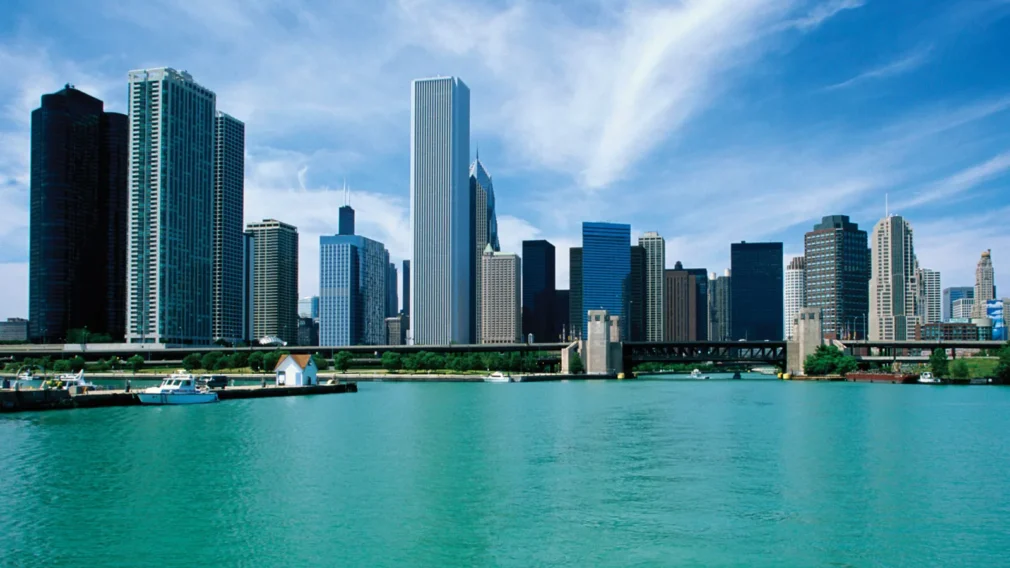Illinois Senate Approves Progressive Sports Betting Tax for 2025
The Illinois Senate has approved a 2025 budget that includes a progressive tax increase on sports betting operators.

This decision, made on May 26, introduces a tiered tax structure that imposes higher rates on operators based on their adjusted gross revenue (AGR).
Details of HB 4951
House Bill 4951 aims to substantially increase the tax burden on successful sportsbooks in Illinois, potentially making the state’s tax rates the second-highest in the country, after New York’s 51% rate.
Since sports betting became legal in June 2021, operators have been subject to a 15% tax. Governor J.B. Pritzker initially proposed raising this to 35%, but the Senate has pushed for a maximum rate of 40%.
The new progressive tax rate will be applied on a sliding scale:
- AGR up to $30 million: 20%
- AGR from $30 million to $50 million: 25%
- AGR from $50 million to $100 million: 30%
- AGR from $100 million to $200 million: 35%
- AGR above $200 million: 40%
An important amendment specifies that revenue from retail and digital sportsbooks will be taxed separately under this progressive structure. This distinction ensures that both types of operations are taxed fairly based on their specific revenues.
With the Senate’s amendments, HB 4951 will return to the House for re-approval. The bill is expected to pass and, if signed by Governor Pritzker, will become effective on July 1.
Impact on the Sports Betting Industry
If enacted, Illinois will be the first state to implement a fully progressive sports betting tax rate. This system is different from Arkansas, which uses a hybrid tax model.
In March alone, Illinois saw over $1.2 billion wagered on sports. In 2023, operators earned more than $1 billion in revenue. Under the proposed progressive tax system, Illinois could have generated an additional $175 million in tax revenue over the past year compared to the current 15% rate.
Major operators like FanDuel and DraftKings, who dominate the market, would be most impacted by the 40% tax rate. About half of their combined $771 million in AGR would fall under this top tier.
Recommended
